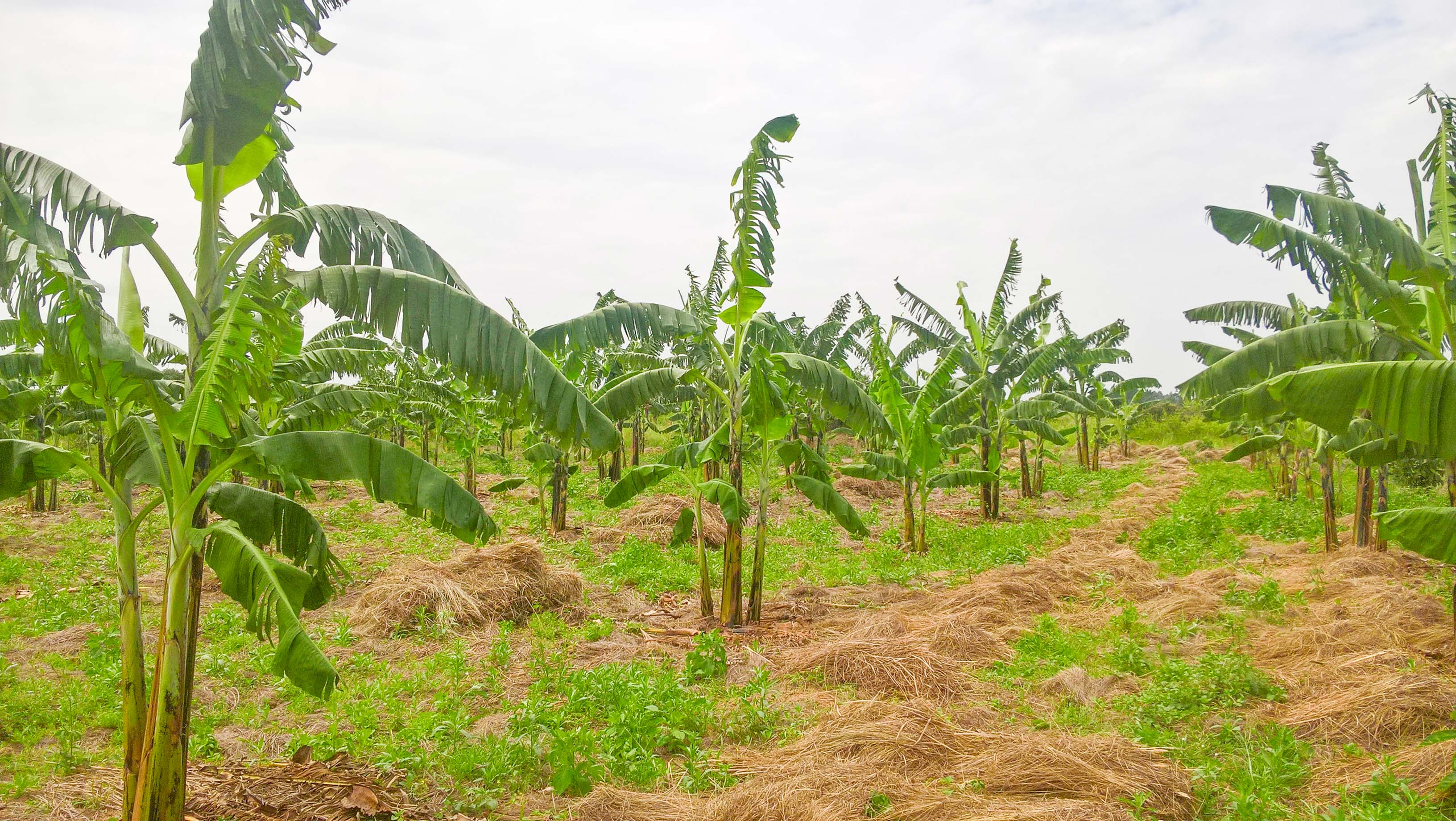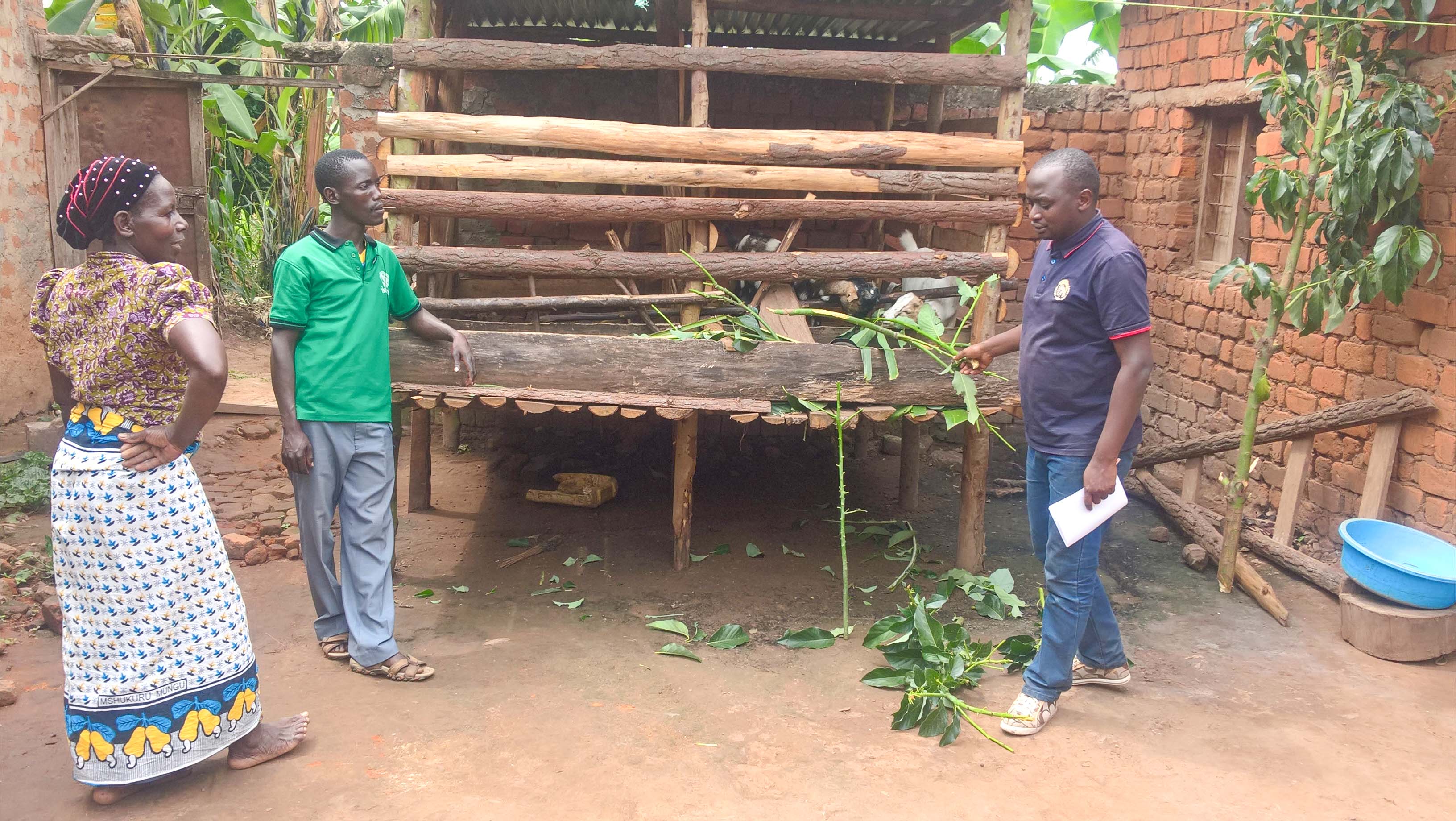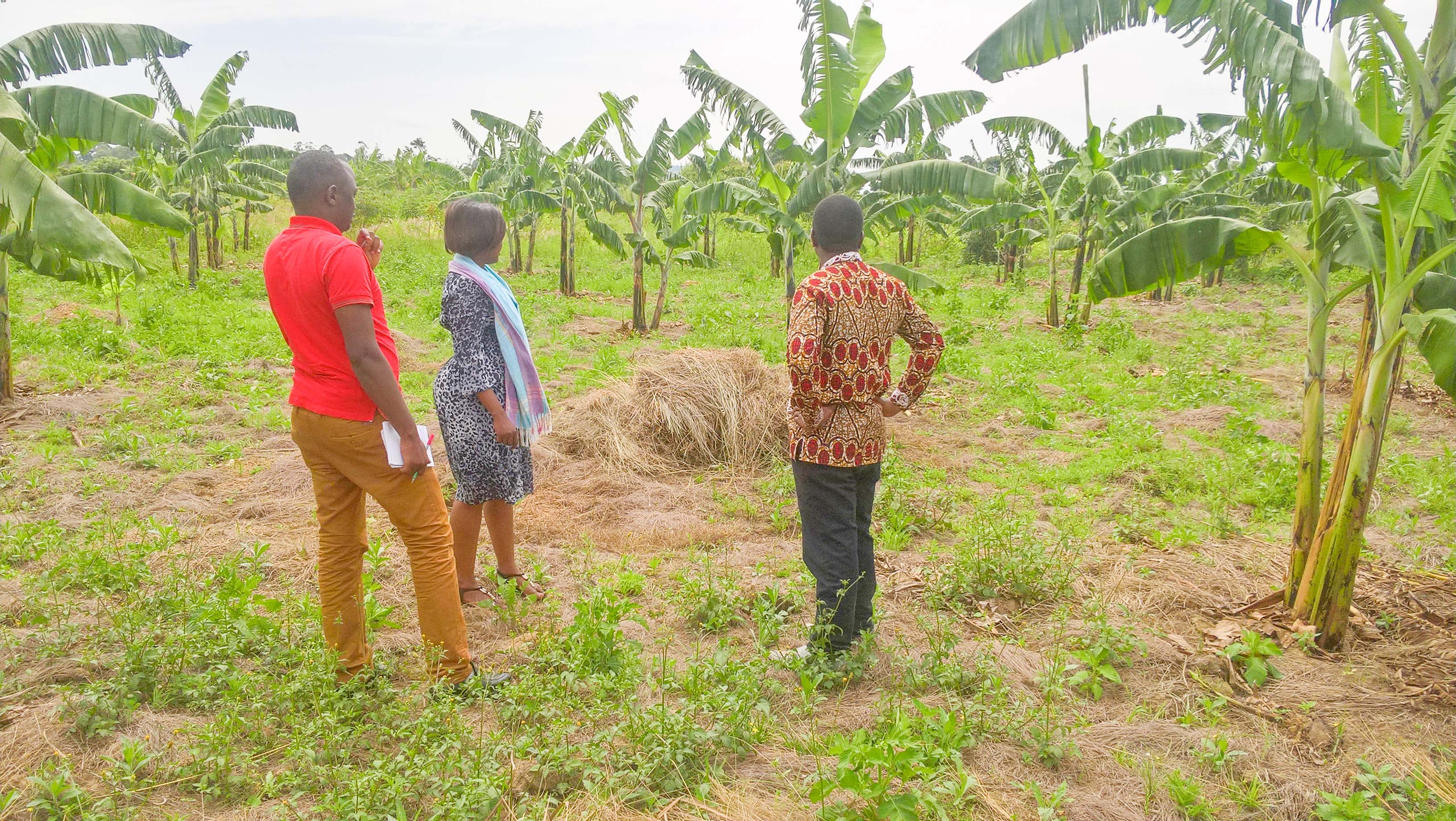-
-
Call us for more details!
-
KST Address
P.O. Box 1236, Bukoba - Tz
THE EUREGIO EAST AFRICA LIVELIHOOD IMPROVEMENT PROGRAMME (EEALIP).
THE EUREGIO EAST AFRICA LIVELIHOOD IMPROVEMENT PROGRAMME (EEALIP).


The EEALIP Euregio-East Africa Livelihood Improvement Programme was a continuation of the Euregio trans-border initiatives that were initiated in 2010 in Tanzania and Uganda as a three-year program from 2017 to 2019. The program was funded by the Autonomous.
Provinces of Bolzen/Bolzano-South Tyrol, the Autonomous Provinces of Trento-Trentino, and the Federal State of Tyrol, together the Euregio Tyrol-South Tyrol-Trentino. The programme was implemented in five neighboring districts namely Masaka, Rakai, Bukomansimbi, and Kalungu Districts in Uganda and Missenyi and Kyerwa Districts in Tanzania.
The renewed three-year programme implemented by four local partner organizations, which
are: -
ï‚· Masaka Diocesan Development Organization (MADDO, Uganda).
ï‚· Kayanga Diocesan Development and Relief Office (KADDRO, Tanzania).
ï‚· Kolping society of Tanzania (KOLPING, Tanzania).
ï‚· Missenyi District Council (Missenyi, Tanzania).
1.1 AIM OF THE PROGRAMME.
The EEALIP's overall goal was the sustainable improvement of the livelihood (health, income, food security, climate change) of its beneficiaries as well as, by spillover effects, of other residents in the targeted communities. In this sense, the implementing partners provided the participating farmers with both material (seedlings) and information input (training focusing on different aspects, such as sustainable agricultural practices, hygiene, climate change, and sanitation).
1.2. AREA OF IMPLEMENTATION FOR KOLPING SOCIETY OF TANZANIA.
District: Missenyi
Ward: Mutukula, Nsunga, Minziro and Bugandika
Village: Mutukula, Nkerenge, Byeju, Igayaza, Byamutemba and Ngando
Institutions (school): Byeju, Nkerenge, Byamutemba, Mutukula, lukuba, Igayaza, omulagando,
Minziro, Kiwelu, Bugandika Primary school and Mutukula, Minziro Secondary school.
1.3. ACTIVITIES AND ACHIEVEMENTS IMPLEMENTED BY KOLPING SOCIETY OF TANZANIA.
Support farmers with improved crop varieties and livestock breeds. A total of 90 and 54 improved breeds of indigenous chicken and goats respectively provided to 45 households in Nsunga and Mutukula wards, the poor communities in Nsunga and Mutukula wards engaged in small livestock rearing in order to improve their domestic income so as to reduce human pressure on natural forests, particularly Minziro forest. These animals are provided under the revolving animal credit scheme so that in the long run every poor household in the project area will benefit from this program. Also, Special village livestock committees were formed and trained to manage the animal-revolving scheme.
Organize and conduct environment conservation seminars for the local communities around Minziro Forest. More than 15 seminars were conducted on the importance and role of the Minziro forest among the communities surrounding it. In Missenyi seminars were conducted in six villages of Mutukula and Minziro wards. One open seminar was conducted in each village where issues of environment conservation techniques were demonstrated by experts from different fields.
Establishment of Agroforestry Demo Farms. Six agro-forestry demonstration farms each with an approximate area of one acre established with three farms in Mutukula and three farms in Nsunga ward. These farms are planted with disease-resistant banana suckers, coffee seedlings, and agro-forestry tree species. Through these farms, farmers trained and learned how to curb famine, poverty, fuel wood crisis, and environmental degradation. The activity was implemented by KOLPING project staff in collaboration with Ward/Village Agricultural extension officers.
Support institutions to establish tree nurseries and engage in tree planting. In the Missenyi district, five Primary schools in Minziro, four primary schools in Mutukula, and three schools in the Nsunga ward assisted in establishing tree nurseries and plant trees on their premises. The aim was to train and encourage the culture of tree planting. This activity was conducted by KOLPING
project staff in collaboration with Missenyi district foresters and school teachers.








